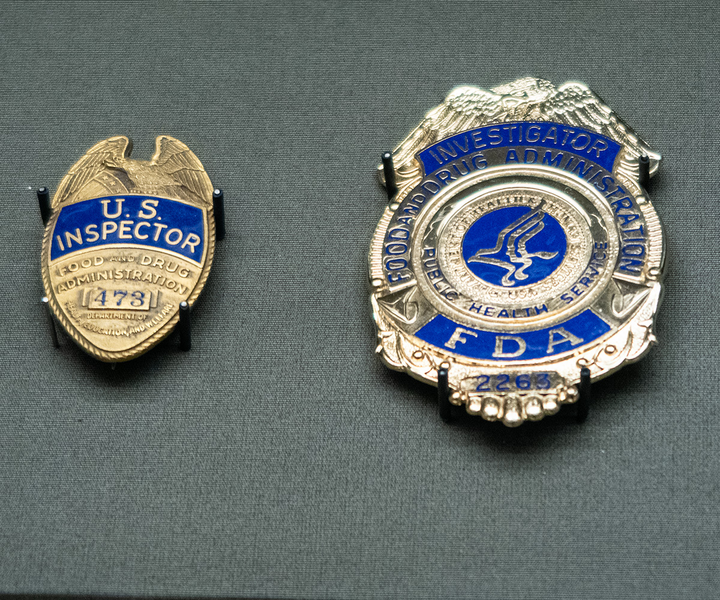Data integrity is ‘biggest issue’ for drug, API firms during inspections, FDA official says
 Audit/inspectionGenericsGlobalGMPNorth AmericaOTCPharmaceuticalsUS Food and Drug Administration (FDA)Warning letters
Audit/inspectionGenericsGlobalGMPNorth AmericaOTCPharmaceuticalsUS Food and Drug Administration (FDA)Warning letters Audit/inspectionGenericsGlobalGMPNorth AmericaOTCPharmaceuticalsUS Food and Drug Administration (FDA)Warning letters
Audit/inspectionGenericsGlobalGMPNorth AmericaOTCPharmaceuticalsUS Food and Drug Administration (FDA)Warning letters